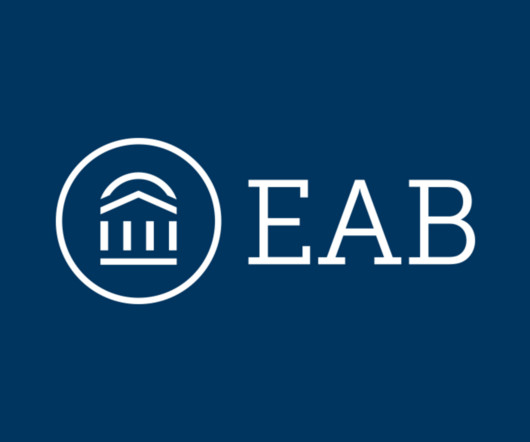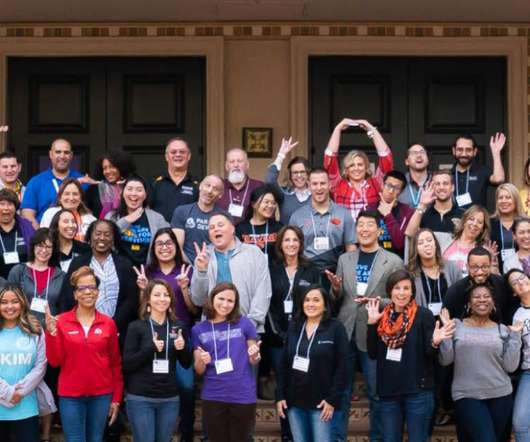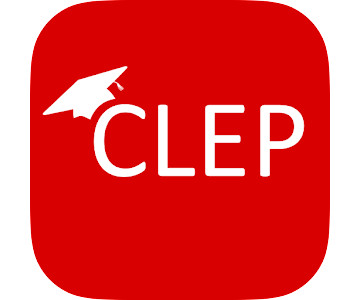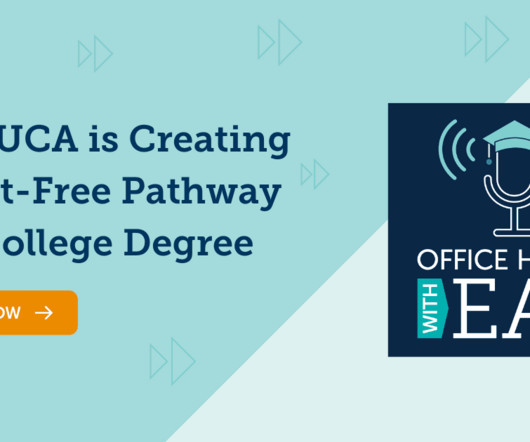Report Emphasizes the Importance of Professional Social Capital
Diverse: Issues in Higher Education
MARCH 1, 2023
It may not be immediately obvious, particularly for first-generation learners.” As many Black learners, particularly first-generation, don’t persist beyond their first year in higher education, retention efforts are essential. This includes peer-to-peer mentoring as well as connection to alumni.

















Let's personalize your content